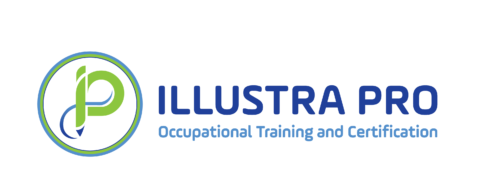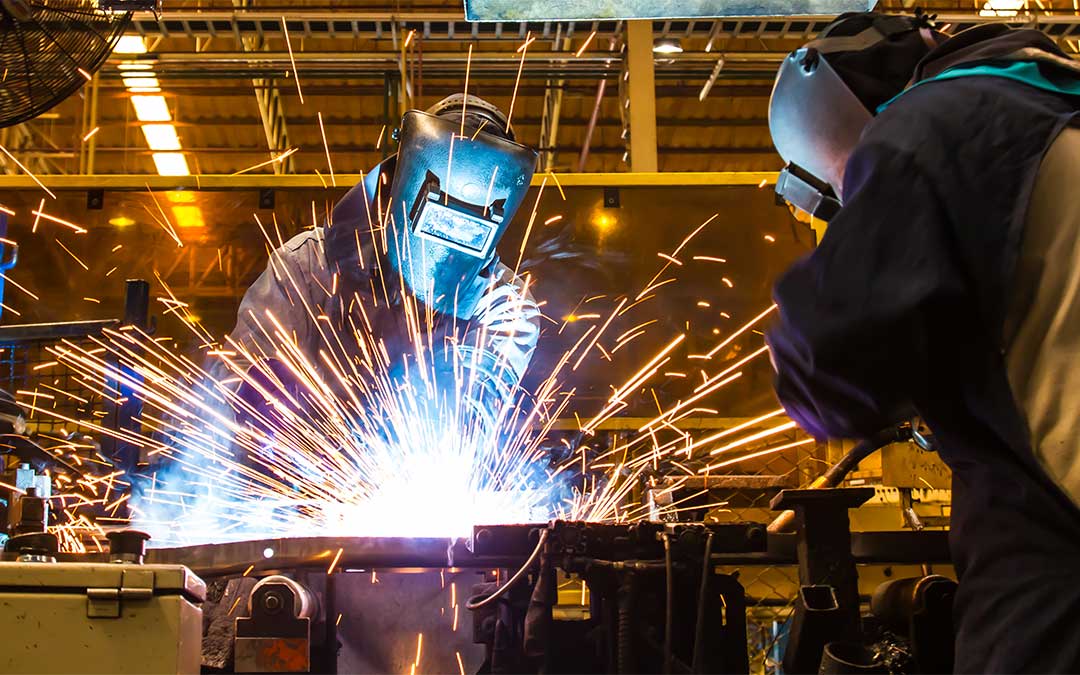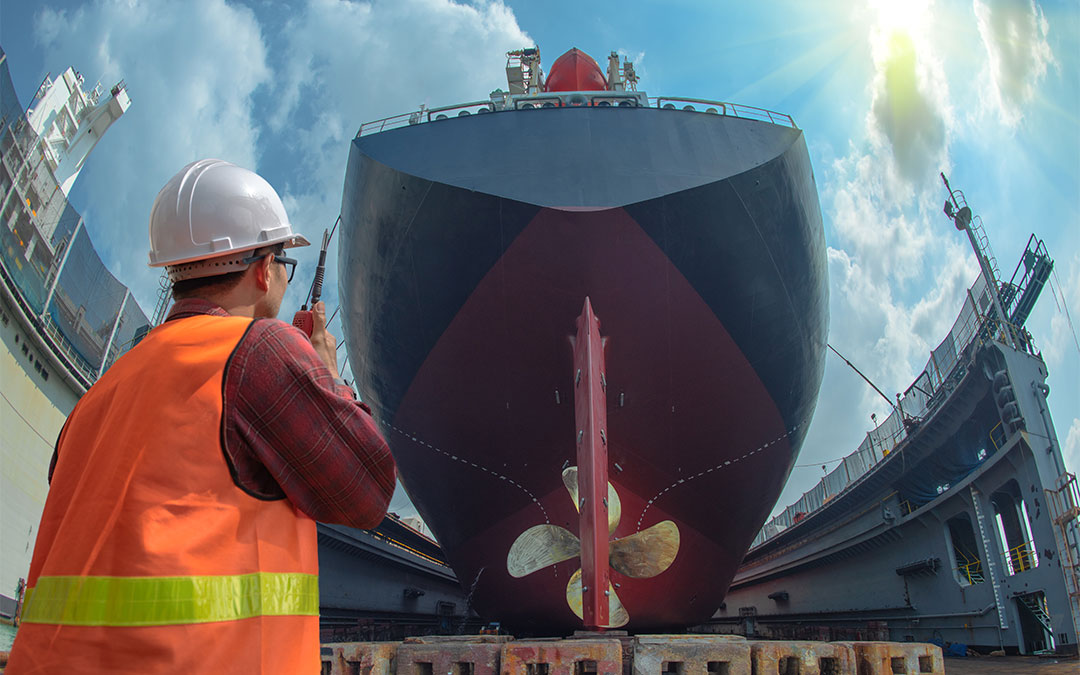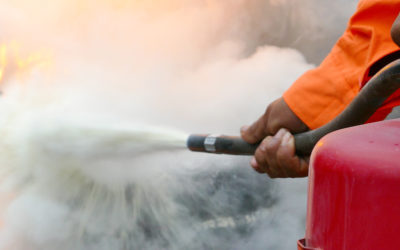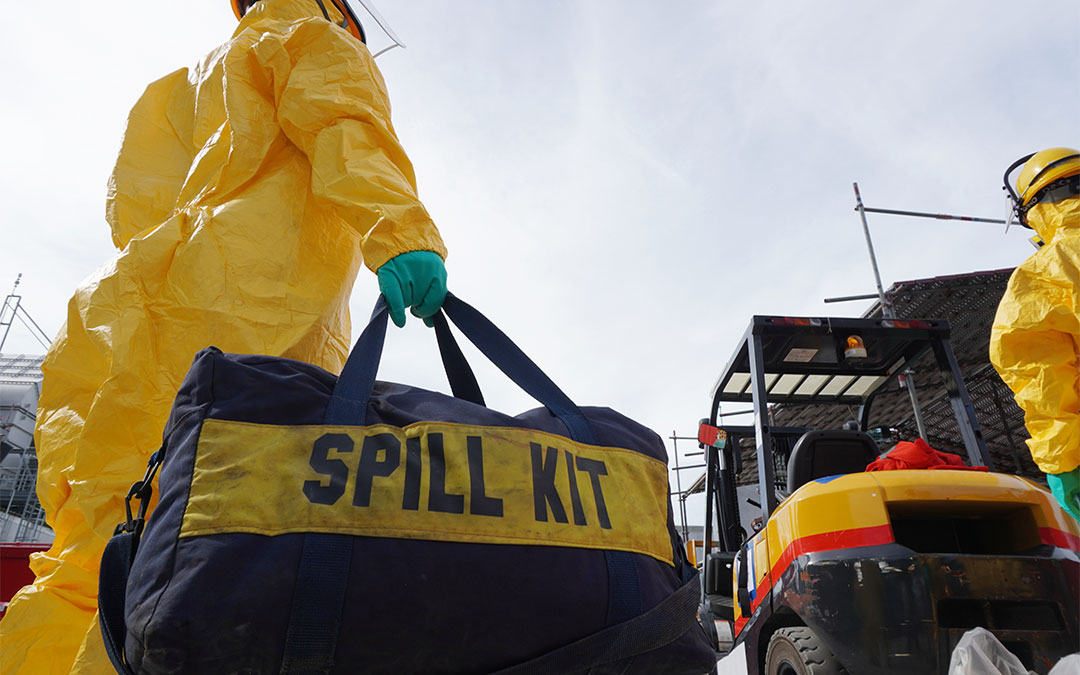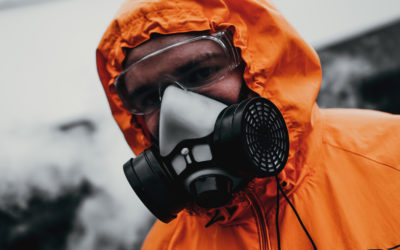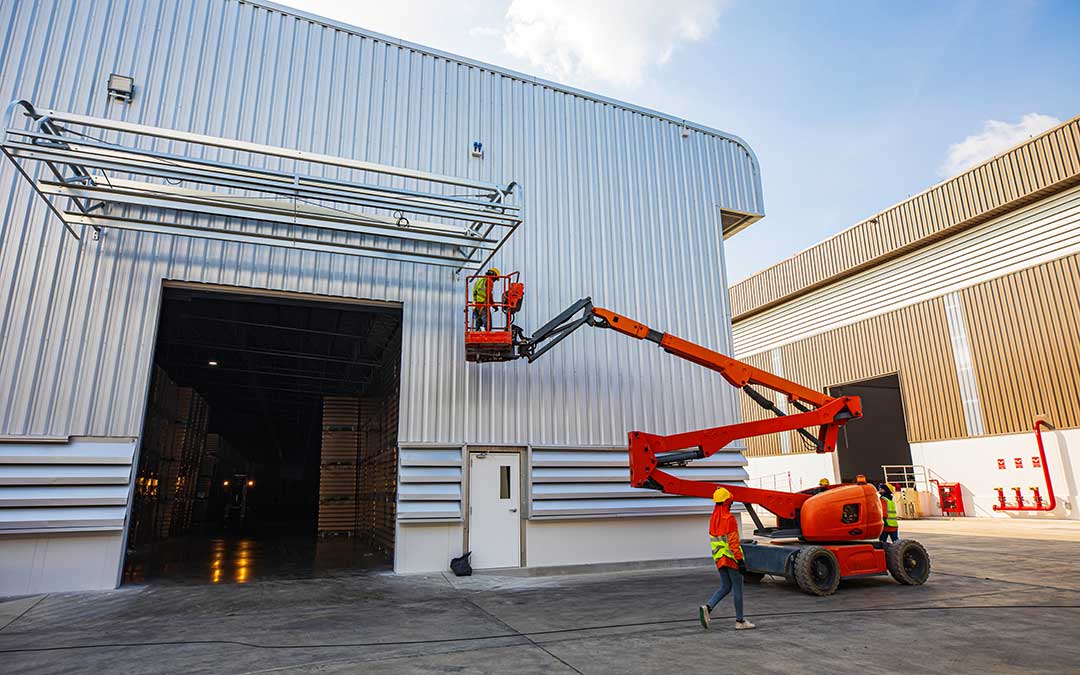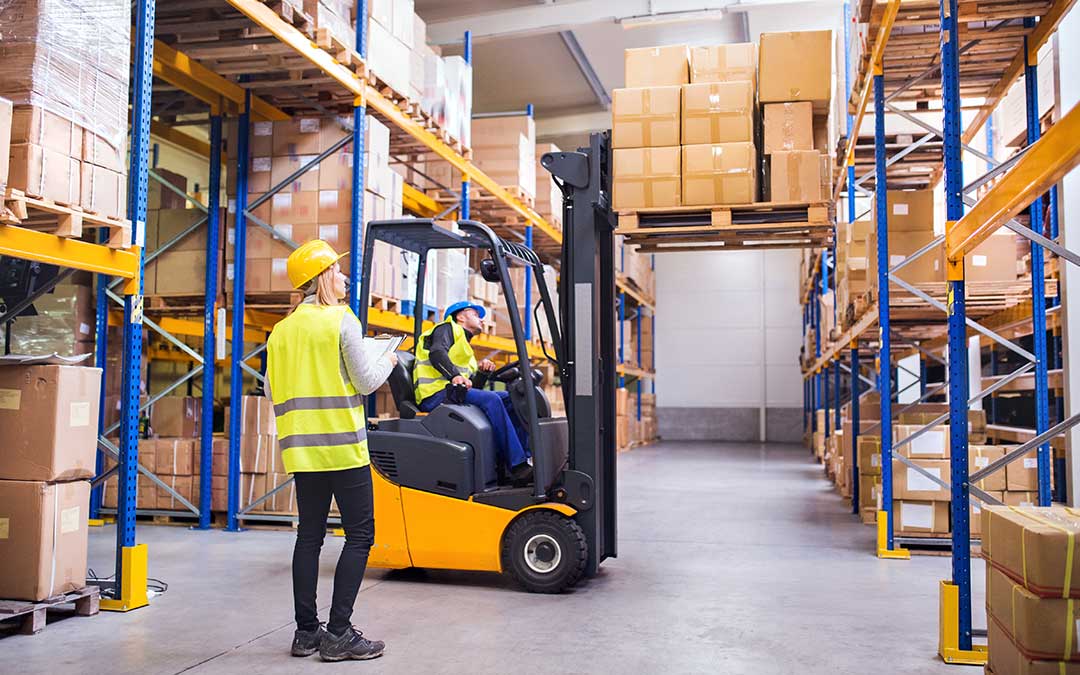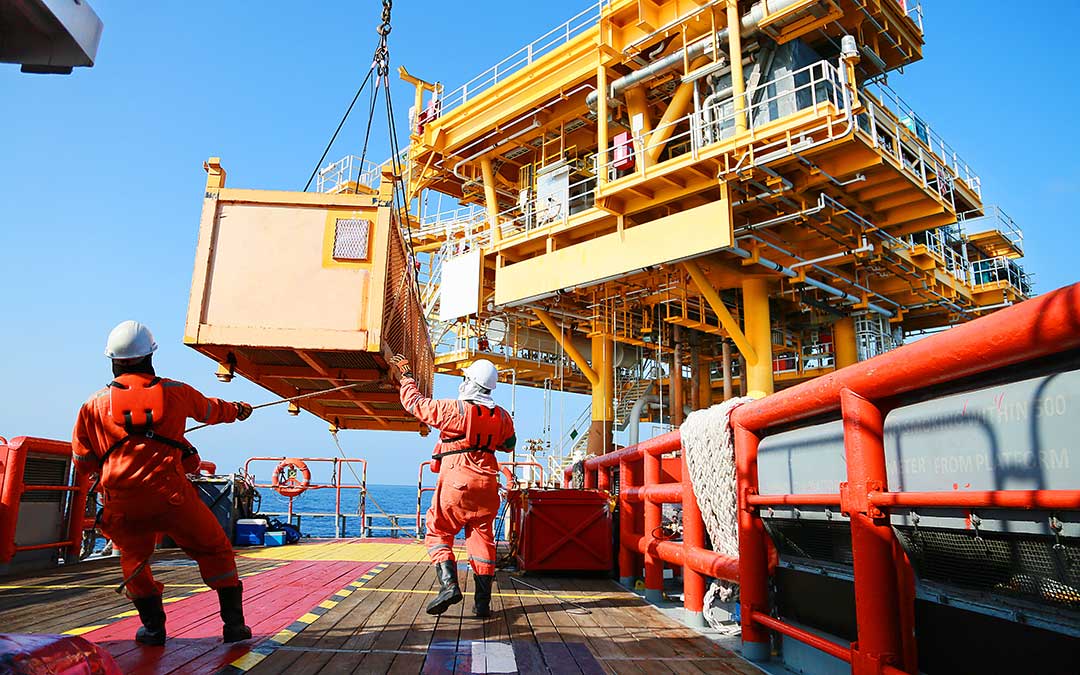Occupational Safety Training & Certification
Illustra Pro trainers are dedicated to helping you meet your safety goals as well as stay compliant with OSHA / Occupational Safety and Health Administration, NAVSEA / Naval Sea Systems Command, NFPA / National Fire Prevention Association, ANSI / American National Standards Institute, NIOSH / National Institute for Occupational Safety and Health, and other regulatory and advisory commissions.
Taught by safety experts including Navy Veterans and Safety Managers with over 30 years combined experience in maritime, construction, and general industry, our trainers know precisely your top safety vulnerabilities across all industries, as well as your specific maritime commercial and passenger vessel training needs. Trainers for OSHA courses are taught by “OSHA authorized outreach trainers” who have completed an OSHA outreach trainer course and are authorized by OSHA through this program to deliver Outreach training classes.
Whatever your workplace and occupational safety training needs, Illustra Pro’s wide range of courses that cover health and safety, regulations, compliance, and more, will help ensure the safety of your workforce, and compliance with safety regulations.
Maritime Industry Training Courses:
OSHA 10-Hour MARITIME
OSHA Outreach Training for maritime industry workers and employers on the recognition, avoidance, abatement, and prevention of hazards in the maritime sector.
[ COURSE DETAILS ]
COMPLIANCE CODE – 29 CFR 1915/1917/1918
OSHA 30-Hour MARITIME
[Offered On Demand]
OSHA Outreach Training for maritime industry workers with safety leadership responsibility. The emphasis is hazard identification, and prevention of hazards in the maritime industry.
[ COURSE DETAILS ]
COMPLIANCE CODE – 29 CFR 1915/1917/1918
FIRE WATCH
Workers will learn how to identify fire safety risks and take essential measures to extinguish various classifications of fires.
Tailored for maritime industry ship building, maintenance, modernization, and repair.
[ COURSE DETAILS ]
COMPLIANCE CODE – 29 CFR 1915/1917/1918
PAI Certificate Training
Permit-Authorizing Individual (PAI) training and certification for managing all hot work activities safely and effectively.
Tailored for maritime industry ship building, maintenance, modernization, and repair.
[ COURSE DETAILS ]
NFPA 51B-Navsea Standard Items 009-08
OSHA 29 CFR 1915 Maritime Standards
Hazardous Operations & PPE:
These courses are offered on demand and customized to meet your needs.
HAZWOPER (40 / 24 / 16 / 8 Hour)
HAZWOPER (Hazardous Waste Operations and Emergency Response) training for employees and supervisors with job-related exposure to hazardous materials and waste operations. Satisfies OSHA requirement for workers to complete hands-on HAZWOPER training before starting work in uncontrolled hazardous waste operations.
Cal-OSHA 8 CCR 5192 / OSHA 29 CFR 1910.120
RESPIRATOR FIT TESTING AND TRAINING
We perform a Qualitative Fit Test (QLFT).
A qualitative fit test is a pass/fail test to assess the adequacy of respirator fit that relies on the individual’s sensory detection of a test agent, ensuring adequate protection is met.
COMPLIANCE CODE – e-CFR 1910.134
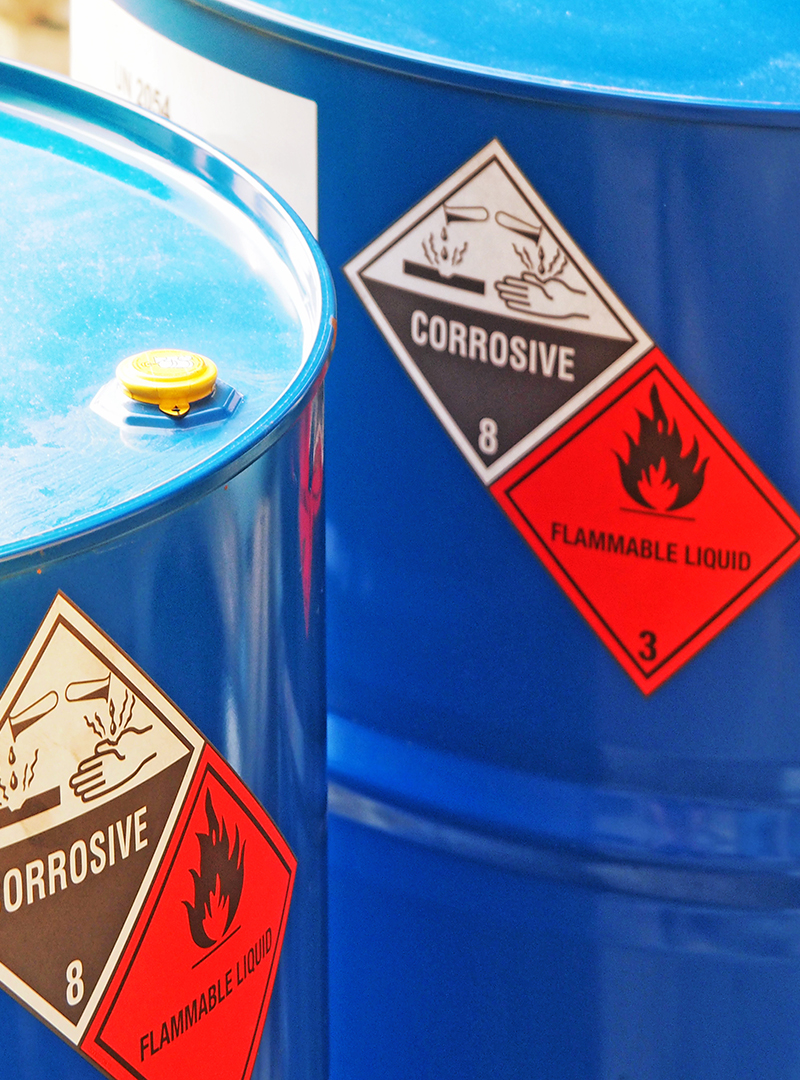
Equipment & Operator Safety:
These courses are offered on demand and customized to meet your needs.
Mobile Elevation Work Platform (MEWP)
Safety training for all mobile elevating work platforms (MEWPs) used to position personnel, equipment and materials, to working positions. This class covers operator’s understanding of capabilities, limitations, safe operating procedures, engineering principles, applicable OSHA regulations, and more.
OSHA 29 CFR 1910.67, 1910.269, 1926.21, 1926.452-3, 1926.502
ANSI A92.24
Forklift Operator Safety
Forklift Operator Safety empowers forklift operators by increasing their safety awareness about industrial power trucks’ capabilities, limitations, engineering principles, and OSHA regulations.
OSHA 29 CFR 1910.178 & T8 CCR 3657, 3668
Rigger and Signal Safety
Rigger Level 1 Certification: Rigger and Signal Safety training for the safe identification and use of rigging equipment and hand signals during hoisting activities for assembly and disassembly work on construction sites.
OSHA 29 CFR 1910.184; 1926.1404, 1419
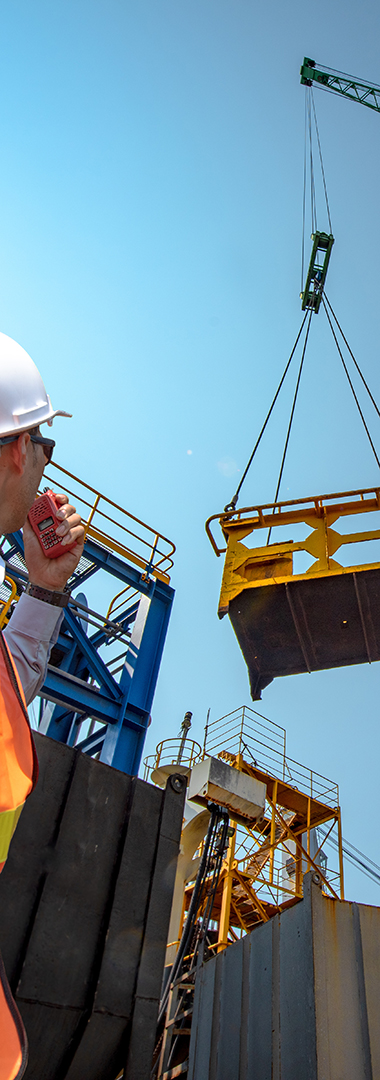
Beyond Compliance
Upgrade your workplace safety skills with Illustra Pro’s expert-led dynamic training courses, blending engaging classroom experiences with convenient online sessions. Our innovative programs are designed to equip workers and employers with essential knowledge and skills required for a safer workplace, as well as to provide the occupational safety training and certifications needed to stay compliant with OSHA regulations and other industry standards.
On Demand Courses
Interested in one of our on demand Occupational Safety Trainings? Contact us to discuss topic customization and on-site or at our training facility options.
Trainings Calendar
View the online calendar for available dates/times of our regularly scheduled Occupational Safety Trainings and Book Your Trainings online now!
